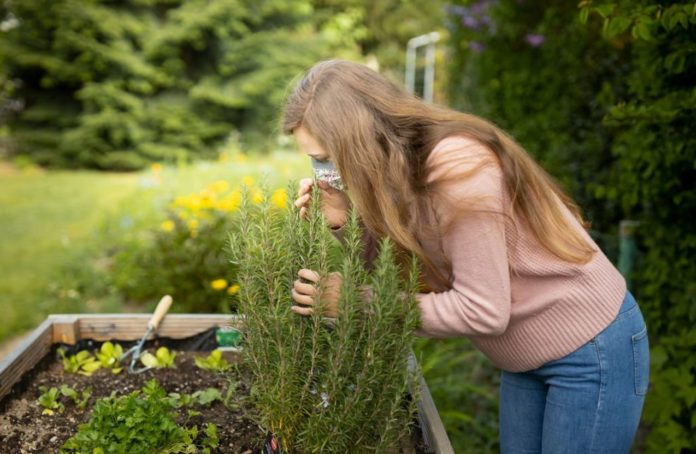COVID-19’s potential impact on your perception of taste and smell has been a hot issue of discussion for years. Although exact figures differ, research estimates that up to 70% of persons infected with the virus lose their sense of smell and taste at some point.
While it’s typical to lose your sense of taste and smell when you have other viruses that produce stuffiness, such as a cold or the flu, many COVID patients lose these feelings without having congestion. The exact explanation behind this has remained a mystery, but new research hopes to shed light on why this occurs.
The mechanism is a little confusing, but researchers discovered that COVID-19 affects cells that aren’t directly responsible for your sense of smell, causing a cascade of problems that eventually cause your senses to work poorly. Here’s everything you need to know about it.
How does COVID-19 affect your sense of taste and smell?
Analysis of golden hamster tissue samples and 23 people who have COVID-19 was carried out in the study published in the journal Cell. The team infected hamsters with SARS-CoV-2 and monitored their loss of smell.
Read More: Long COVID Linked To Lasting Small Airway Disease
In their study, the researchers found that SARS-CoV-2 doesn’t infect the nerve cells in your body that sense smell. Instead, it attacks other cells that line your nasal cavity, which makes your nose smell. The infection produces inflammation in the nerve cells, preventing them from showing olfactory receptors, which detect odors. As a result, you are unable to smell or taste.
As explained by co-author Jonathan Overdevest: “It seems from our study and others that direct viral entry into the nerve cells responsible for our sense of smell—olfactory neurons—only occurs in extremely rare situations.”
Is it common with other viruses?
At this time, it’s unclear.
According to Thomas Russo from the University of Buffalo, “while we’ve known that you can lose your sense of taste and smell with other viruses, the mechanism has never really been sorted out.”
“We’ve always assumed that if you have some sort of cold and you have sinus congestion, everyone to some degree will lose their sense of taste and smell.”
This, according to Dr. Overdevest, is currently under investigation by him and his colleagues.
“Whether this mechanism is what underlies other forms of post-viral olfactory loss is one of the ongoing focuses of our investigation,” he adds. “While trying to better understand a number of ongoing questions about exactly how COVID causes initial and persistent smell dysfunction, our goal is to apply these principles to other forms of post-viral smell disorders, as viral infections remain one of the leading causes of persistent smell loss in the general population.”
Treatment
According to a study published in the journal JAMA Otolaryngology-Head & Neck Surgery in November 2021, between 700,000 and 1.6 million patients in the United States with COVID-19 lost or had a change in their sense of smell for more than six months. There is currently no apparent cure to help individuals who are still suffering regain their senses.
People who have experienced a smell loss due to coronavirus could try “smell training”, say scientists.
Smell training involves sniffing at least four different odors, twice daily for several months.
Prof Carl Philpott, a Smell loss expert from the University of East Anglia’s Norwich Medical School, said the technique “aims to help recovery based on neuroplasticity – the brain’s ability to reorganize itself to compensate for a change or injury”.
Image Credit: Getty
You were reading: How COVID-19 affects people’s ability to smell and taste – the exact reason
